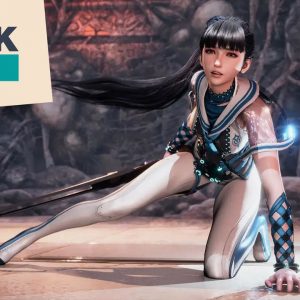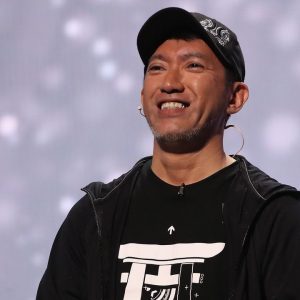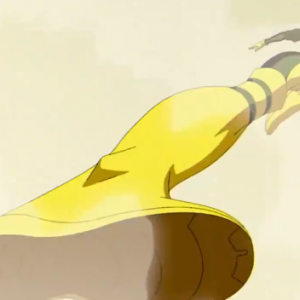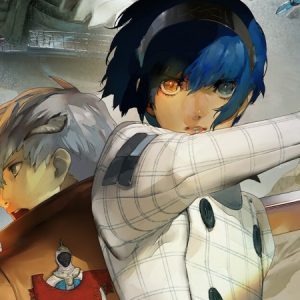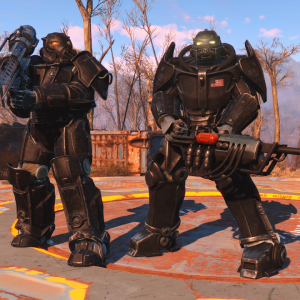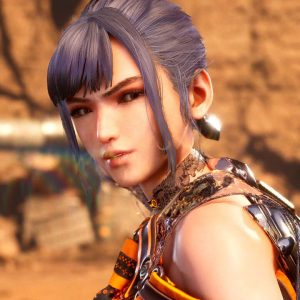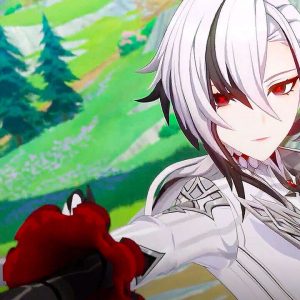CEO John Riccitiello has retired from game development software company Unity after possibly its worst month of bad headlines ever. The tech company that’s slowly morphed into an in-game advertising firm announced a confusing and seemingly predatory new set of fees for game makers in September, only to walk the policy back after studios threatened to abandon the Unity engine moving forward.
James M. Whitehurst, former head of the IBM-acquired open source software company Red Hat, will take over from Riccitiello as interim CEO while Unity’s board of directors search for a new long-term replacement. “It’s been a privilege to lead Unity for nearly a decade and serve our employees, customers, developers and partners, all of whom have been instrumental to the Company’s growth,” Riccitiello said in a press release. “I look forward to supporting Unity through this transition and following the Company’s future success.”
Riccitiello joined Unity back in 2014 shortly after leaving Electoronic Arts. He oversaw the game engine company’s shift from one-time licensing fees to an ongoing subscription model, launched the IPO in 2020, and made a series of acquisitions, including the in-app monetization firm IronSource in 2022. When Unity first went public, its stock price was around $68. Today it’s just over $30.
Once synonymous with the explosion of creativity and experimental design in the indie gaming space, Unity is being left by Riccitiello a month after a bungled new monetization strategy rollout burned bridges with tons of game makers. The initial messaging made it sound like game developers might be charged fees every time their game was installed, including retroactively.
A follow-up apology by president and general manager Marc Whitten later clarified that the new terms would only apply beginning in 2024, and laid out much bigger carve-outs for smaller studios whose games don’t hit a certain threshold of income. But for many developers it was too late. Their trust in the company had already been irrevocably shaken. Re-logic, maker of the Steam hit Terraria, pledged $200,000 toward the creation of a Unity competitor, and Slay the Spire dev, Mega Crit, says it will still move to rival game software platform Godot.
Rethinking monetization more aggressively was also one of Riccitiello’s legacies at EA. His seven years at the FIFA (now EA Sports FC) and Battlefield publisher saw it experiment with day-one DLC, microtransactions, and a focus on post-launch content. While there was no week-long crisis moment on the scale of what happened at Unity last month, it’s clear he helped usher in the company’s current live-service era, which many players now feel nickel-and-dimed by. Madden and FIFA’s lootbox modes were both added while he was head of EA, though they didn’t become the billion-dollar windfalls they are today until the tenure of his successor, current CEO Andrew Wilson.
Perhaps nothing summed up Riccitiello’s time at both EA and Unity better than another controvertial incident last year. In an interview with Pocketgamer.biz in July 2022, he called developers who don’t think about monetization early in the process “fucking idiots.” He immediately walked the comments back the next week, calling articles about it “clickbait” that took his comment out of context, but later apologized, saying he should have chosen his words more carefully.
That unforced error came shortly after the company revealed hundreds of layoffs at the same time it was buying IronSource in a $4.4 billion all-stock deal. Six hundred more were laid off at Unity earlier this year. Meanwhile, Riccitiello, in addition to the millions he has in Unity stock, will be kept on salary until April of 2024.
Update 10/11/2023 4:50 p.m. ET: SFGate reports that Riccitiello is set to earn up to $8.4 million through stock options over the next six months. That’s in addition to the roughly $253 million he already holds in current Unity stock.
